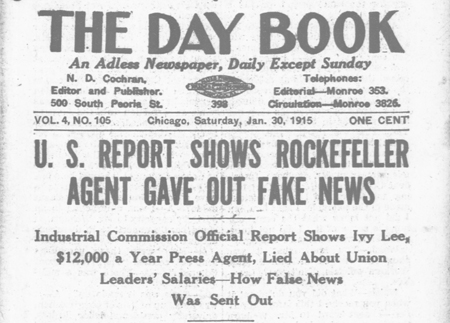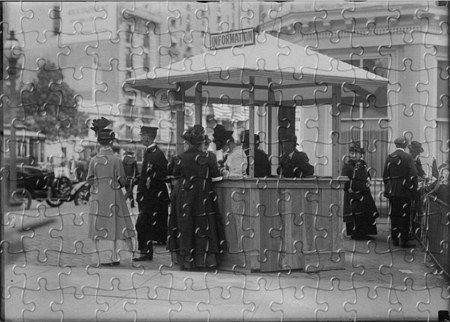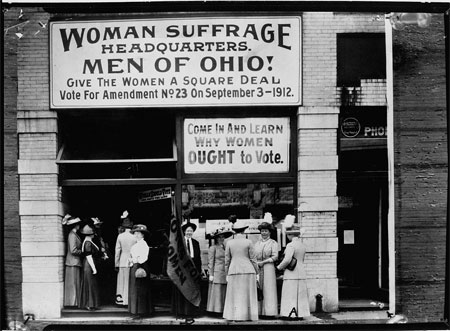Timely Connections: Fake News & Civic Reasoning
Practicing primary source analysis helps students develop historical thinking skills that also happen to be very important civic literacy skills. In an article from the Fall 2017 issue of American Educator, Stanford History Education Group (SHEG) provides assessments of online civic reasoning and tips for going beyond identifying news as “fake” or “real” to understanding where…



